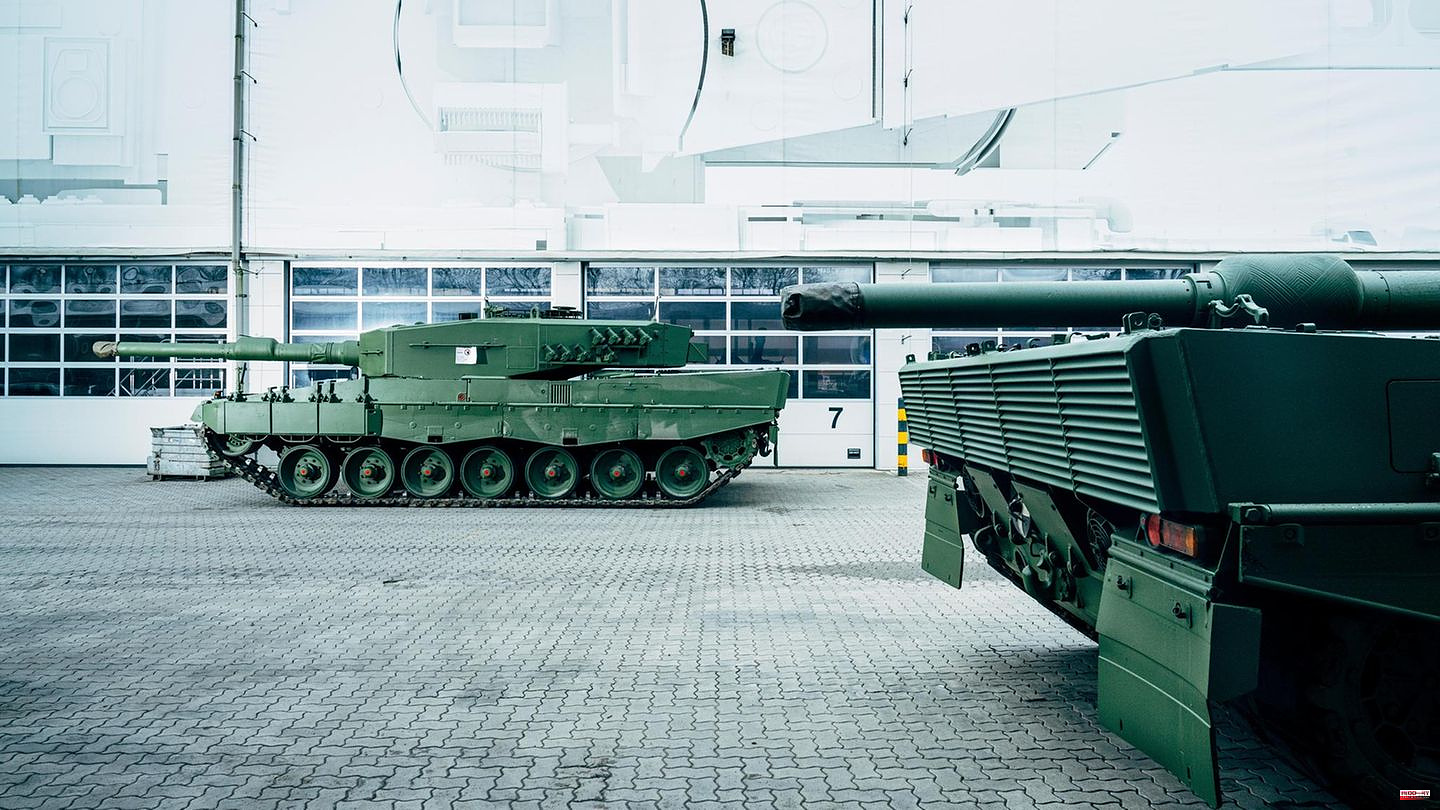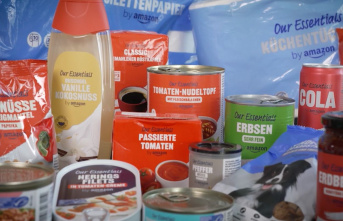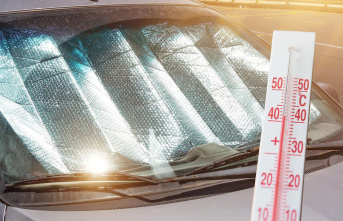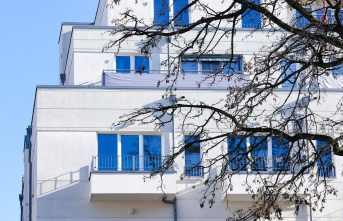When it crashes, the passerby only briefly twitches her eyes. Her dogs are also loud, she says, and continues to walk with them on a leash across the freshly paved Berliner Straße in Unterlüß. “We don’t even notice it anymore,” says Kurt Wilks, the long-time mayor of the small town in the Lüneburg Heath. This is how you can recognize foreigners and newcomers: They pay attention to detonations.
The citizens of Unterlüß have gotten used to a lot over the decades. The sound of cannons anyway. For 125 years, the weapons company Rheinmetall has maintained a test site for weapons and armored vehicles here, which extends about 15 kilometers to the north. If firing occurs from a distance, federal highway 71 has to be closed. As soon as the test site was in operation, the military equipment began to be built here. On the company premises at the testing center you can see halls that were built during the Second World War. On the edge there is a villa from the early era, which is lavish by local standards; it was built after the First World War had been equipped. Here, Rheinmetall serves visitors kohlrabi foam soup and Königsberger meatballs today.
Unterlüß, whose fate depends on the largest German weapons manufacturer, is characterized by wars and armaments like hardly any other place. Supplies for the world wars came from here and Allied bombs fell here. They briefly switched to producing civilian products after 1945, only to become big again during the years of the Cold War with rearmament. The fall of the Berlin Wall ended the upswing. But ever since Russia invaded Ukraine, the town has been at the center of a turning point.
Access to all STERN PLUS content and articles from the print magazine
ad-free
Already registered?








